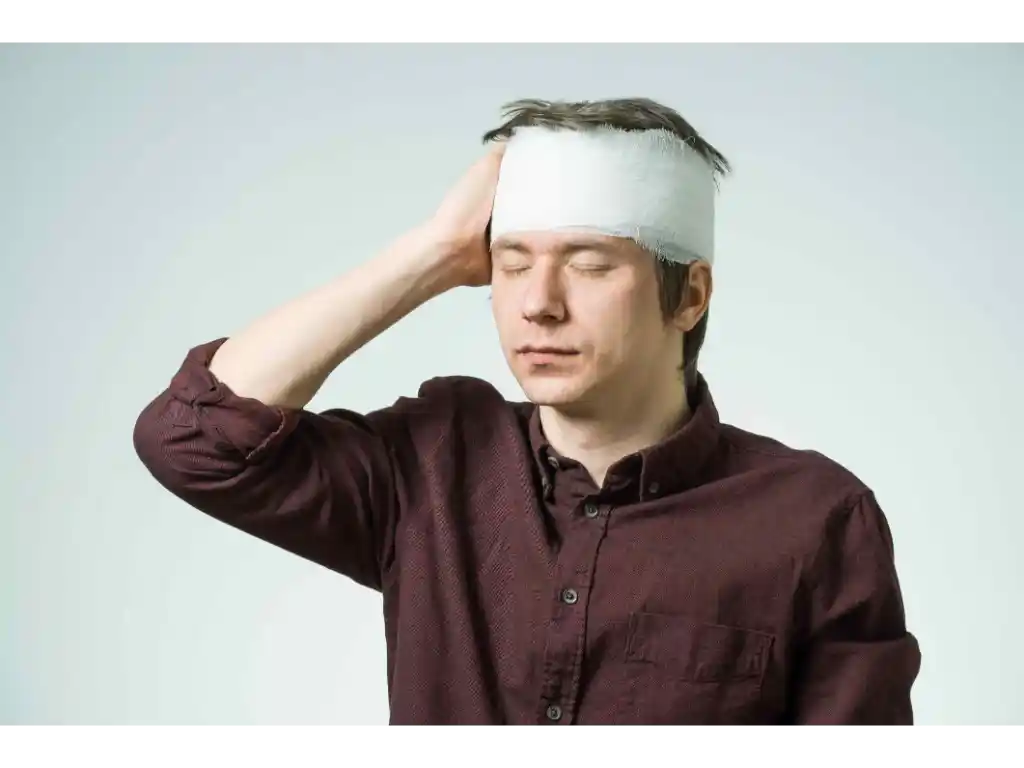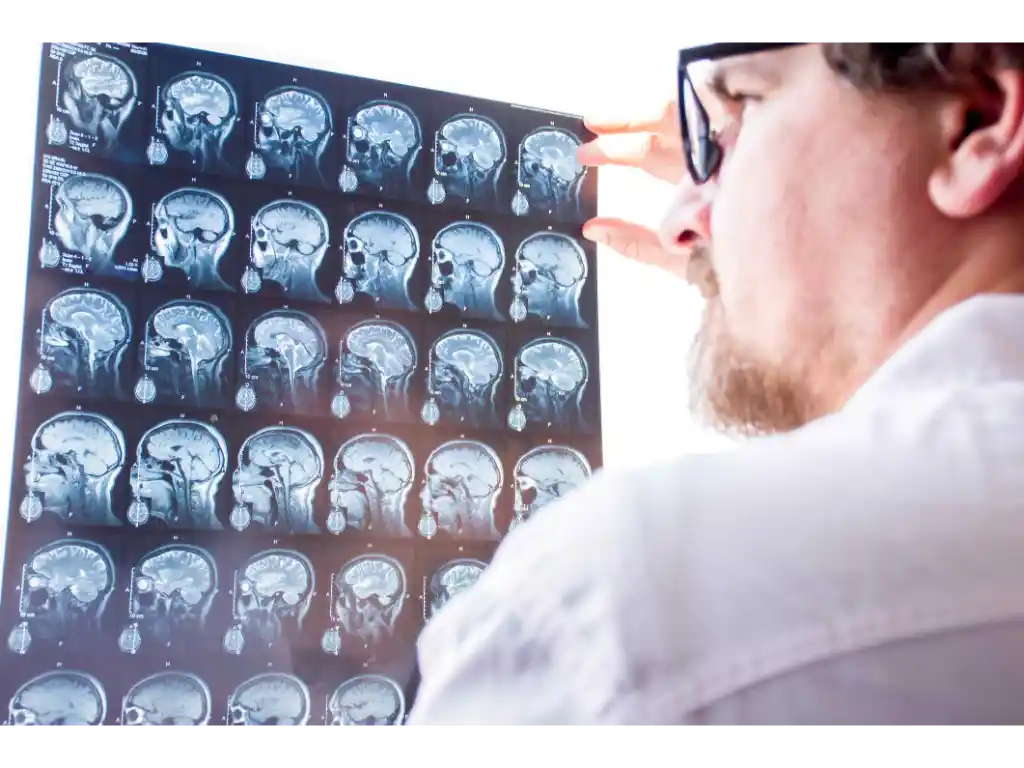
What Makes the Elderly More Likely to Sustain a Brain Injury?
Seniors often fear that a fall might cause them to break their hip or hurt their back, but they don’t know that falls can often result in even greater injuries. Countless medical studies show that seniors hitting their head can have deadly consequences – such as brain injuries. Our San Francisco brain injury attorneys have put together shocking statistics about the commonality of elders sustaining brain injuries.
Brain Injuries & Seniors
Every year, one out of three adults over the age of 65 experiences a fall. Over 85 percent of Traumatic Brain Injuries (TBI) in adults over the age of 65 are caused by falls. Studies also show that TBI is responsible for more than 800,000 emergency department visits each year, and three-quarters of these visits result in hospitalization as a result of the injury.
Adults aged 75 and older have the highest rates of TBI-related hospitalization and death. One of the greatest dangers of TBIs in seniors is that signs and symptoms are often overlooked. Mild traumatic brain injuries in senior citizens are often misidentified as “confusion,” frustration, or just “old age.”
How Can Seniors Prevent Sustaining Brain Injuries?
One of the best ways to take precautions against brain injuries is to fall-proof your home. Fall-proofing tools, such as moving clutter, cords, and adding equipment to move through stairs can help avoid sudden falls. Seniors on medications called “blood thinners” should always see a doctor after a fall or impact to the head since this type of medication can make bleeding in the brain worse.
If you or your loved one suffered brain injuries in an accident caused by another, our team at Scarlett Law Group can help you get the compensation you deserve. Call us today at 415-688-2176 to schedule a consultation!
Ask A Question,
Tell Us Your Situation, &
Get A Free Consultation
Contact Us & We’ll Guide You Through Your
Next Steps!
Required Fields*
Your Information Is Safe With Us.
We respect your privacy. The information you provide will be used to answer your question or to schedule an appointment if requested.
What Makes the Elderly More Likely to Sustain a Brain Injury?

Seniors often fear that a fall might cause them to break their hip or hurt their back, but they don’t know that falls can often result in even greater injuries. Countless medical studies show that seniors hitting their head can have deadly consequences – such as brain injuries. Our San Francisco brain injury attorneys have put together shocking statistics about the commonality of elders sustaining brain injuries.
Brain Injuries & Seniors
Every year, one out of three adults over the age of 65 experiences a fall. Over 85 percent of Traumatic Brain Injuries (TBI) in adults over the age of 65 are caused by falls. Studies also show that TBI is responsible for more than 800,000 emergency department visits each year, and three-quarters of these visits result in hospitalization as a result of the injury.
Adults aged 75 and older have the highest rates of TBI-related hospitalization and death. One of the greatest dangers of TBIs in seniors is that signs and symptoms are often overlooked. Mild traumatic brain injuries in senior citizens are often misidentified as “confusion,” frustration, or just “old age.”
How Can Seniors Prevent Sustaining Brain Injuries?
One of the best ways to take precautions against brain injuries is to fall-proof your home. Fall-proofing tools, such as moving clutter, cords, and adding equipment to move through stairs can help avoid sudden falls. Seniors on medications called “blood thinners” should always see a doctor after a fall or impact to the head since this type of medication can make bleeding in the brain worse.
If you or your loved one suffered brain injuries in an accident caused by another, our team at Scarlett Law Group can help you get the compensation you deserve. Call us today at 415-688-2176 to schedule a consultation!
Post tags
Table of contents
Related Blog Posts

Traumatic Brain Injury May Be a Risk Factor for Schizophrenia
Mental disorders are one of the most common outcomes of traumatic brain injury (TBI). About 1 in 3 individuals who sustain a TBI will develop depression in the following six months, and about half will…

Noise Sensitivity Following Mild Traumatic Brain Injury is a Predictor of Long-Term Post-Concussive Symptoms
The symptoms associated with mild traumatic brain injury (mTBI), also called concussion, typically resolve within a few weeks. One of the most common symptoms is noise sensitivity, which can cause discomfort and distress in loud,…

Is a Neuropsychological Exam Necessary After Suffering a Brain Injury?
After a person suffers a minor or severe brain injury, doctors often use MRI or C.T. scans to help identify lesions and determine if there is any neurocognitive dysfunction. However, even with a C.T. scan…

